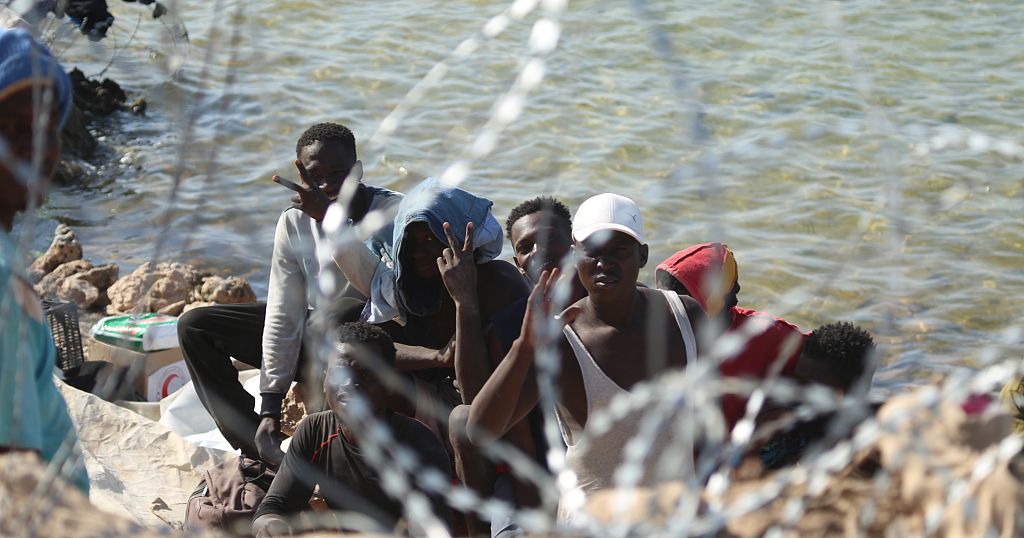Eastern Libyan authorities forcibly returned 700 Sudanese migrants to their conflict-ridden homeland this week, tightening a months-long campaign against human trafficking networks. The deportations, confirmed in a Saturday statement by the region’s anti-illegal migration agency, follow recent arrests in central and southeastern Libya. Officials cited health risks, criminal records, or unspecified “security concerns” as grounds for the expulsions, though details remained scarce.
Among those sent back were individuals diagnosed with infectious diseases like hepatitis and AIDS, according to the statement. The operation underscores Libya’s intensifying efforts to curb migration to Europe, particularly via its Mediterranean coast. Forces aligned with military commander Khalifa Hifter, who controls eastern Libya, have spearheaded raids on trafficking hubs and interception missions. Last week, coast guards halted a vessel carrying 80 migrants near Tobruk, while a separate raid in Ajdabiya—800 kilometers east of Tripoli—freed 104 Sudanese migrants from a smuggling warehouse, including women and children.
Libya’s strategic location has made it a key transit route for migrants fleeing wars and poverty across Africa and the Middle East. Traffickers have exploited the nation’s chronic instability since the 2011 NATO-backed ouster of dictator Muammar Gaddafi, smuggling individuals across borders with six neighboring states, from Chad to Tunisia. Over 240,000 Sudanese now reside in Libya, per UN migration agency estimates, many escaping Sudan’s own collapse into factional violence last April.
The rival eastern and western Libyan governments, each supported by militias and foreign powers, have struggled to stabilize the oil-rich nation. This political fissure has allowed smuggling networks to thrive, despite periodic crackdowns. Migrants often endure perilous journeys, facing exploitation, abuse, or death at sea. While authorities frame deportations as measures to dismantle trafficking rings, rights groups have repeatedly criticized Libya’s migrant detention conditions and lack of due process.
The latest expulsions highlight a growing dichotomy: as regional conflicts displace millions, destination countries bolster measures to deter migration, often returning vulnerable populations to the crises they fled. For Sudan, where fighting between military and paramilitary forces rages, the return of hundreds underscores a deepening humanitarian challenge with no clear resolution in sight.
